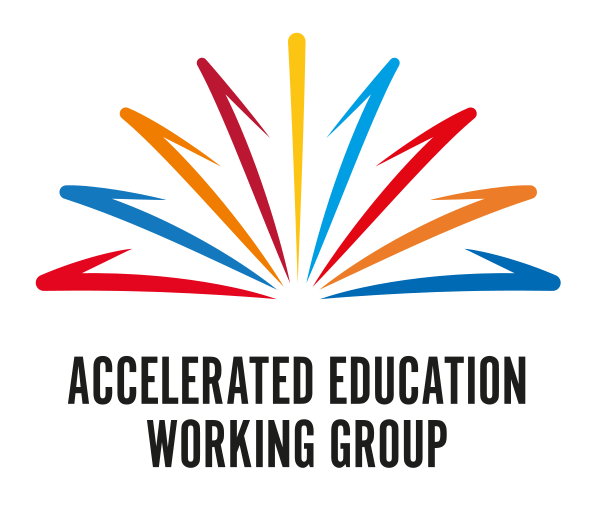The research component of ACCESS has stopped following termination of funding. See here for more information.
Phase 1
March 2021 – February 2022
In ACCESS Phase 1, researchers conducted a political economy analysis in five countries—Nigeria, Colombia, Jordan, Uganda, and Pakistan—to understand the extent to which political capacity and will for institutionalising alternative and/or non-formal education interventions (such as AEPs) exists in national education systems, as well as where there are current opportunities for the AEWG to support systematic change to better promote increased access to education for learners who need it.
Explore the full reports below.
Accelerating Change for Children’s and Youths’ Education through Systems Strengthening (ACCESS):
A reflection on key findings from Phase 1
Author(s): Dr. Ritesh Shah, Kayla Boisvert
Date: March 2022
Language(s): English, Español, عربي, Français
This think piece synthesises some of the key findings from across the five countries researched in Phase 1. In it, the authors explore some of the working assumptions and hypotheses about both what quality accelerated education (AE) provision is and how this might be best achieved.
Opportunities and Challenges to Support Out-of-school Children and Youth through Accelerated Education Programmes:
Case Study of Nigeria
Author(s): Chima Jones Egbujuo (Ph.D.)
Date: March 2022
Language(s): English
This report presents findings from the first phase of research in Nigeria, based on an extensive review of data and documentation from existing AE and NFE programming in the country, a thorough review of national education policies and legislative frameworks, and interviews with key informants.
Opportunities and Challenges to Support Out-of-school Children and Youth through Flexible Education Models:
Case Study of Colombia
Author(s): Ana María Restrepo-Sáenz and Daniel Agudelo-Navarro
Date: March 2022
Language(s): English, Español
This report presents findings from the first phase of research in Colombia, based on an extensive review of data and documentation from existing flexible education models (FEMs) in the country, a thorough review of national education policies and legislative frameworks, and interviews with key informants.
Opportunities and Challenges to Support Out-of-school Children and Youth through Accelerated Learning Programmes:
Case Study of Jordan
Author(s): Mai Nasrallah
Date: February 2022
Language(s): English, عربي
This report presents findings from the first phase of research in Jordan, based on an extensive review of data and documentation from existing AE and NFE programming in the country, a thorough review of national education policies and legislative frameworks, and interviews with key informants.
Opportunities and Challenges to Support Out-of-school Children and Youth through Accelerated Learning Programmes:
Case Study of Uganda
Author(s): Diana Sekaggya-Bagarukayo and Jessica Oddy
Date: May 2022
Language(s): English
This report presents findings from the first phase of research in Uganda, based on an extensive review of data and documentation from existing AE and NFE programming in the country, a thorough review of national education policies and legislative frameworks, and interviews with key informants.
Opportunities and Challenges to Support Out-of-school Children and Youth through Accelerated Learning Programmes:
Case Study of Pakistan with specific focus on Balochistan province
Author(s): Neelofar Shahzad
Date: February 2022
Language(s): English
This report presents findings from the first phase of research in Pakistan, with a specific focus on Balochistan province, based on an extensive review of data and documentation from existing AE and NFE programming in the country, a thorough review of national education policies and legislative frameworks, and interviews with key informants.

![INEE Logo Horizontal English, FullColor [web]](https://access-education.auckland.ac.nz/files/2022/07/INEE-Logo-Horizontal-English-FullColor-web.png)
